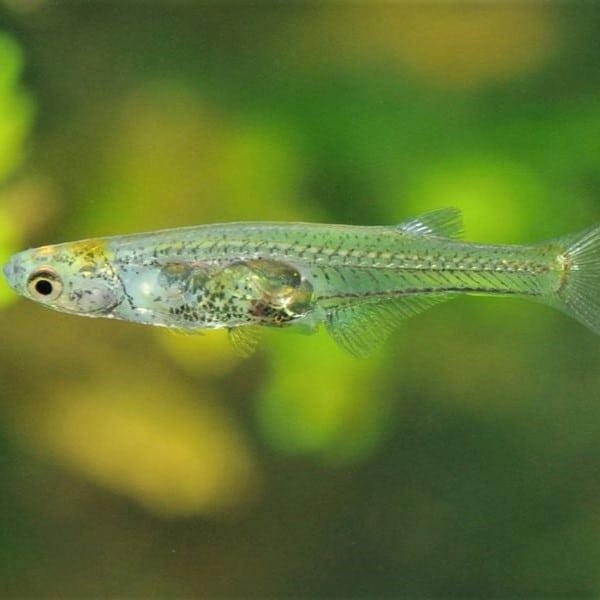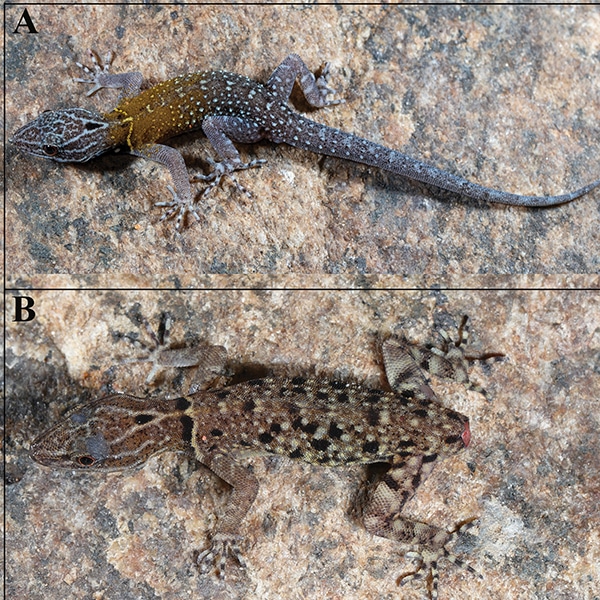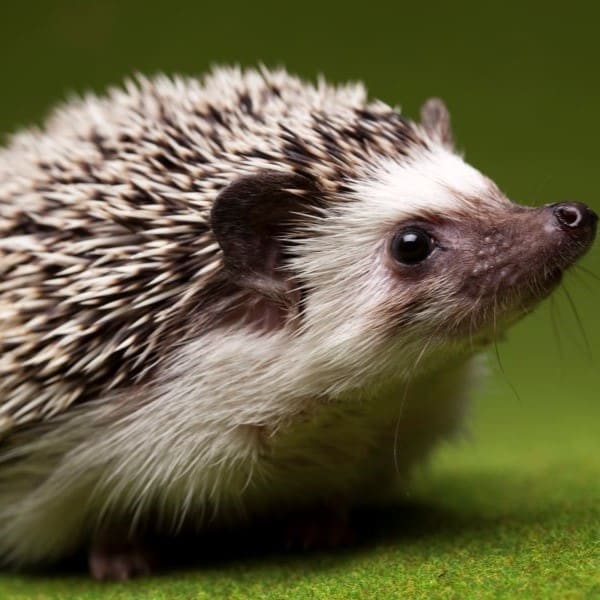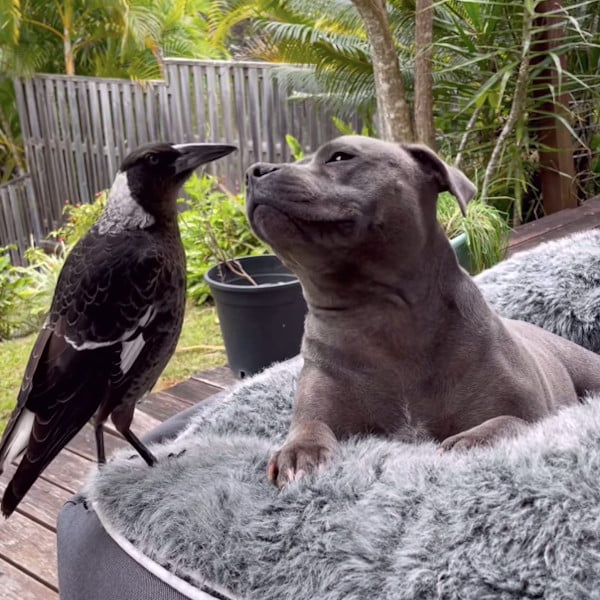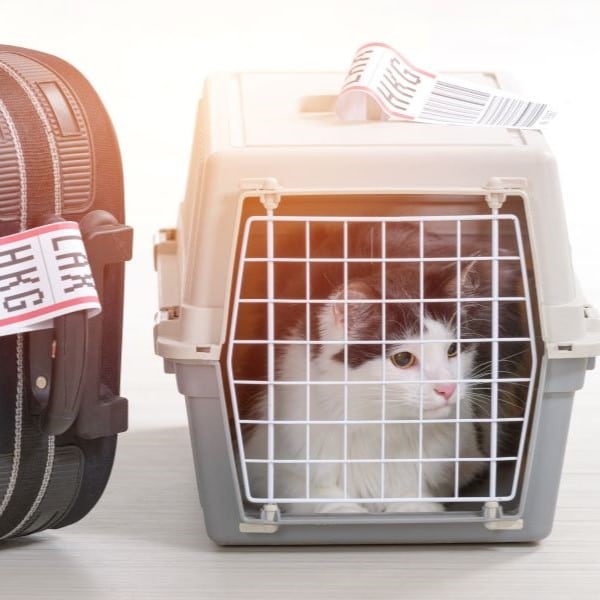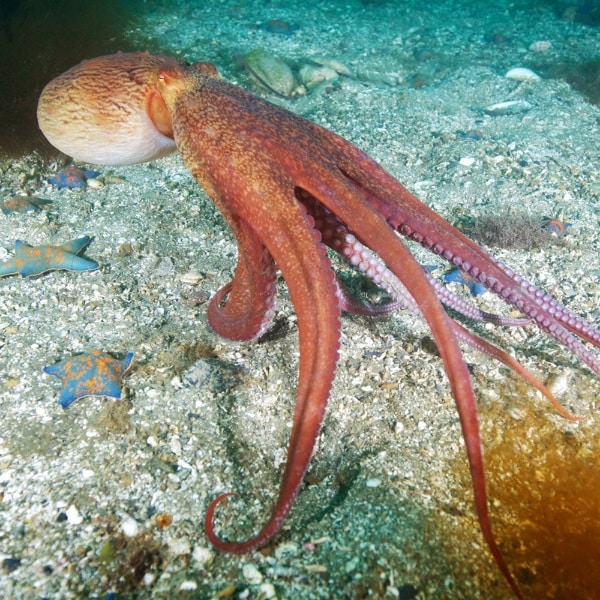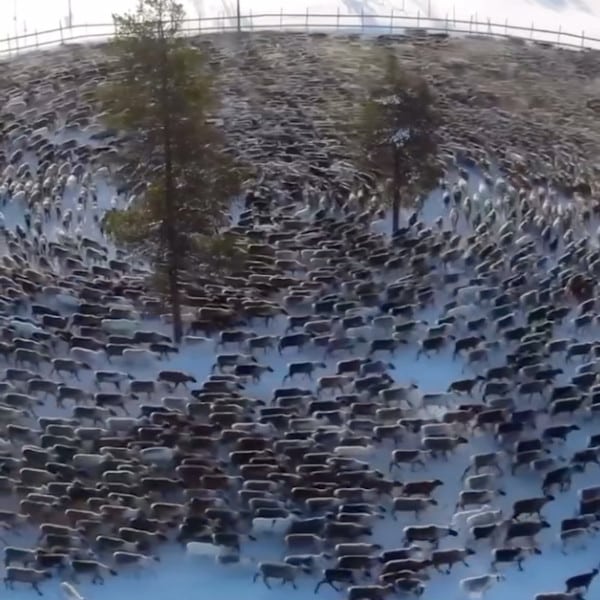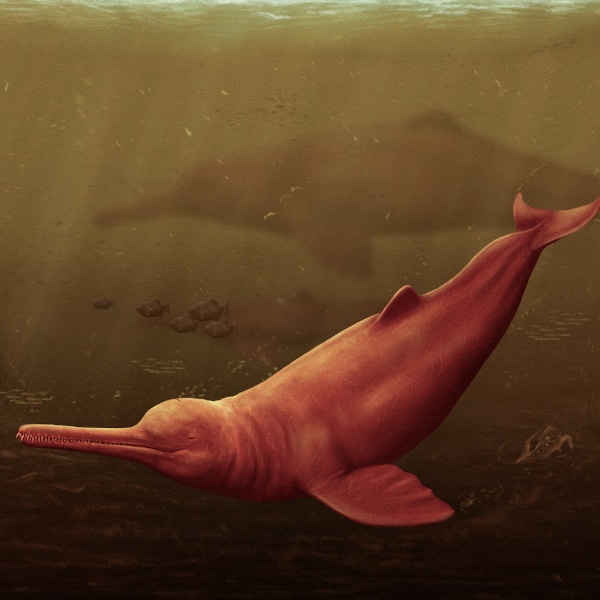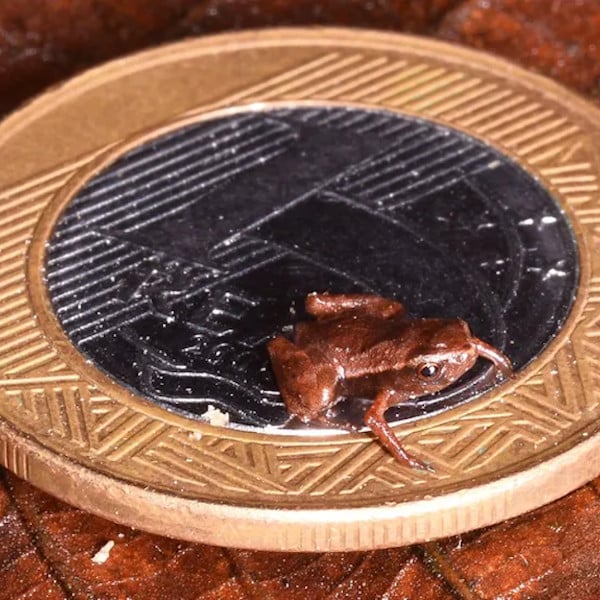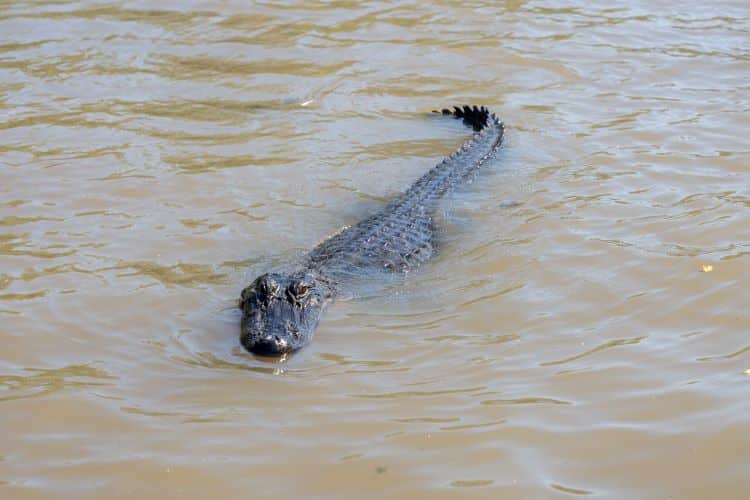
Photo: JDunbarPhoto/Depositphotos
Have you ever wondered how certain animals like alligators manage to survive through harsh weather? Well, as a wave of frigid weather hit North Carolina and Texas, the alligators living in those states cleverly survived the cold by turning into living, breathing ice cubes in a process known as brumation. The animals do this by allowing pond water to freeze around them. Once submerged, the alligator keeps only its snout above the water's surface, enabling it to breathe until the pond thaws out again.
When ice crystals begin to form over the alligator's body, their metabolism and heart slow down (sometimes to three beats per minute), and their bodies slowly become suspended in the icy water. This state of dormancy is the reptile equivalent of hibernation. But unlike mammals, alligators do not actually fall asleep during this period and still have brief periods of activity so that they can drink.
Rescuers have found several of these semiaquatic animals frozen at an alligator sanctuary near Ocean Isle Beach, North Carolina. Another alligator was found suspended in a freezing pond at the Gator Country Rescue Center in Beaumont, Texas. If you come across any frozen gators, there's no need to be alarmed—just remember to exercise caution around wild animals and refrain from trying to wake them up.
In order to get through cold temperatures, alligators enter a hibernation-like state called brumation and allow themselves to become frozen in ponds.
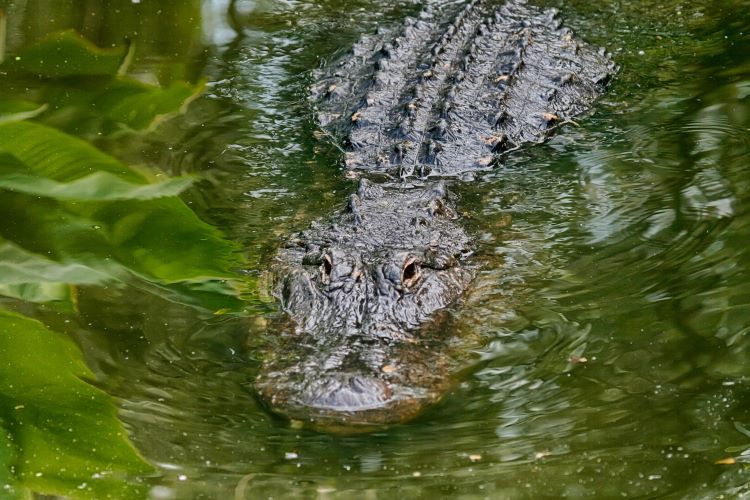
Photo: TallyPic/Depositphotos
Watch these alligators breathe while in a frozen pond.
h/t: [Live Science]
Related Articles:
Proud Crocodile Father Gives Piggyback Ride to Over 100 of His Children
Bakery Sculpts an Intimidating “Loki Alligator” Completely Out of Bread
Isolated Crocodile Gets Itself Pregnant and Has “Virgin Birth” After 16 Years of Living Alone
Man Spends 30 Years Photographing the Most Bizarre Cold-Blooded Animals on Earth











































































